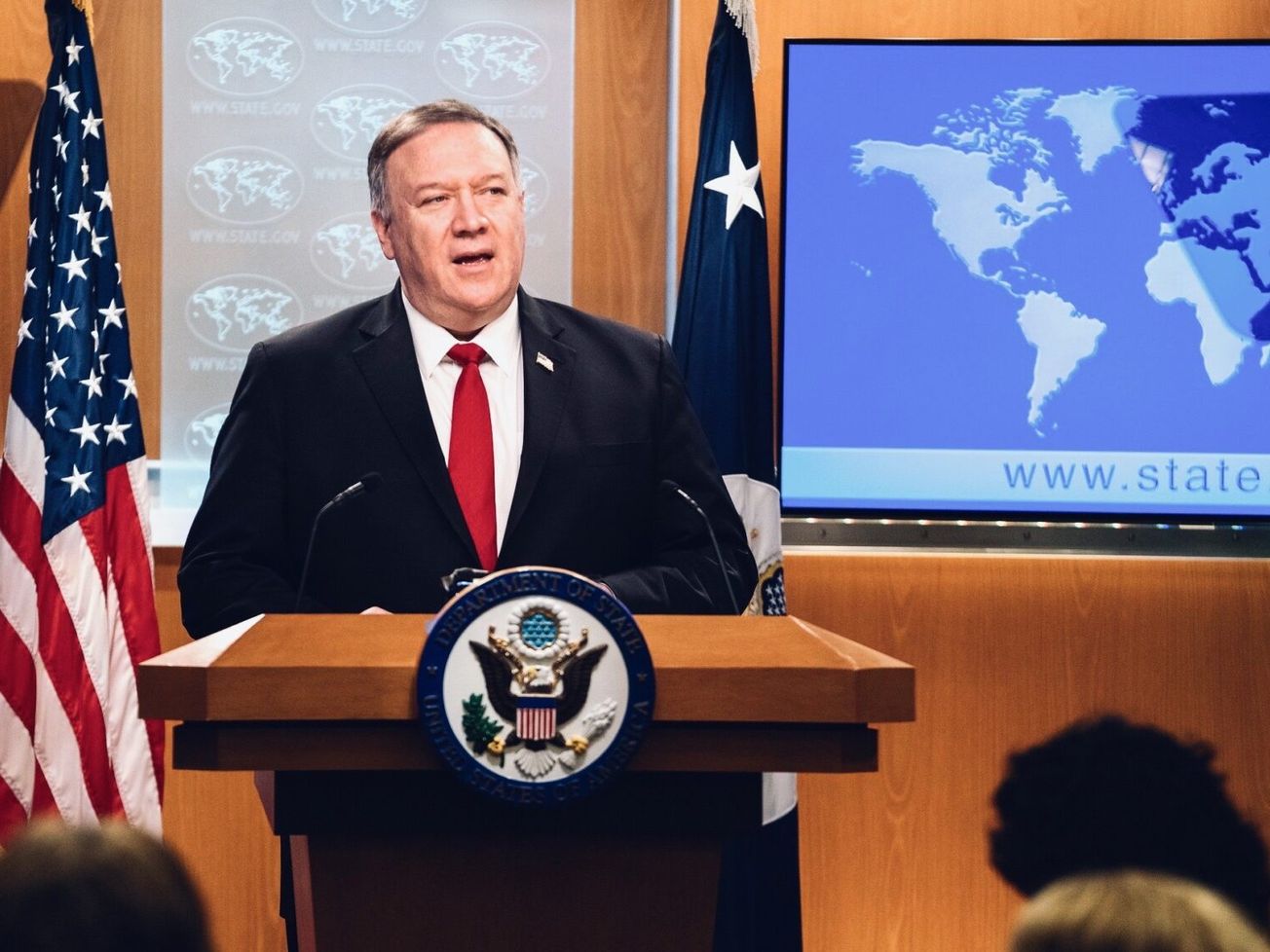The top American diplomat on Saturday rebuked the U.N. Human Rights Council as “a haven for dictators and the democracies that indulge them” a day after it commissioned a report on racism and police brutality.
U.S. Secretary of State Mike Pompeo said the decision to authorize the report "marks a new low" in the 47-nation council's history and demonstrates why his boss, President Donald Trump, decided to withdraw the United States from the world's top human rights body in 2018, only nine years after it first joined.









